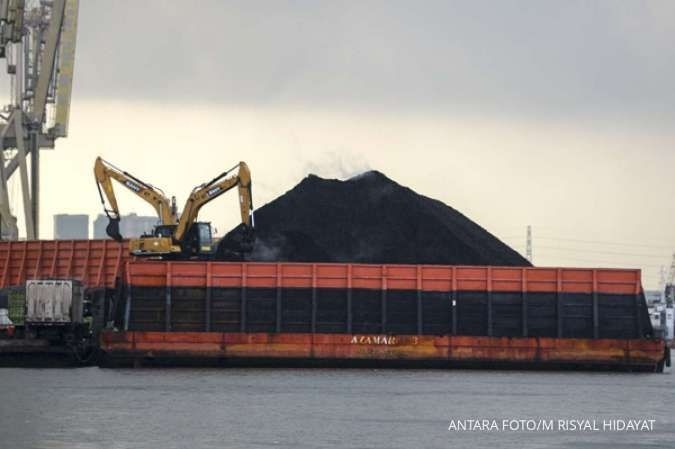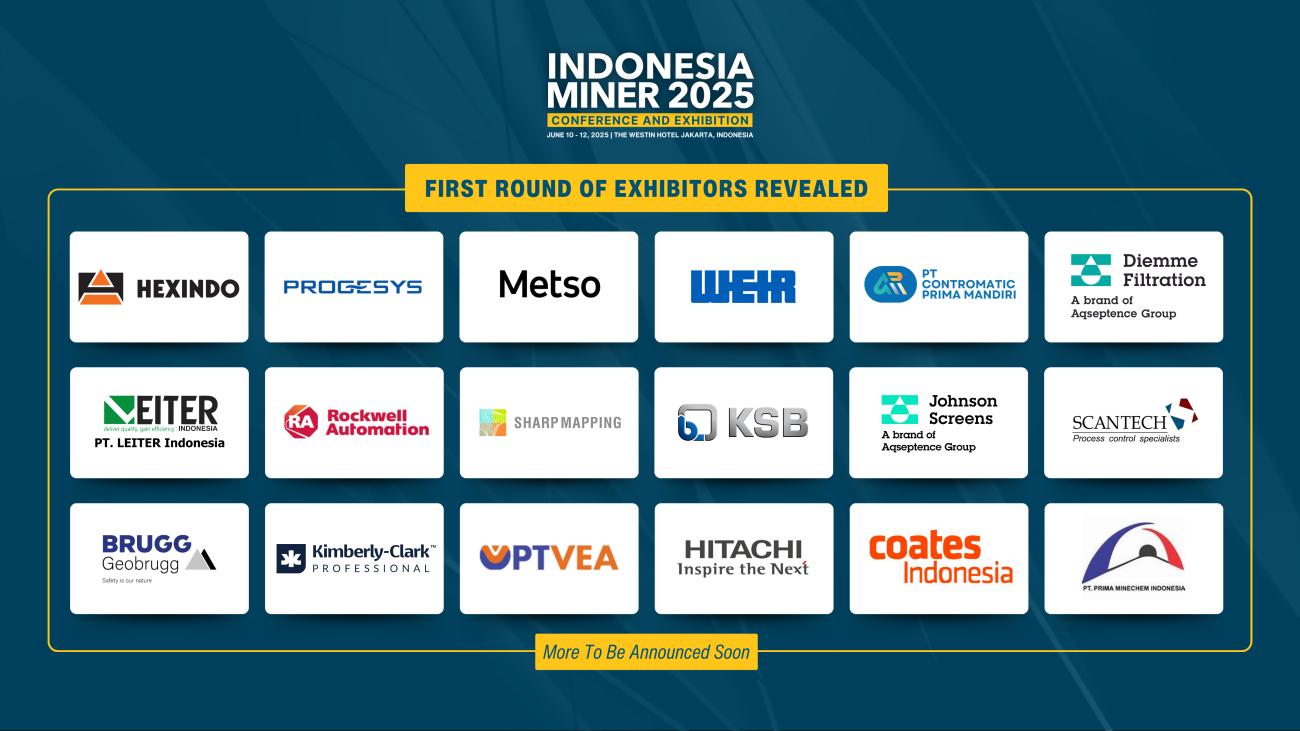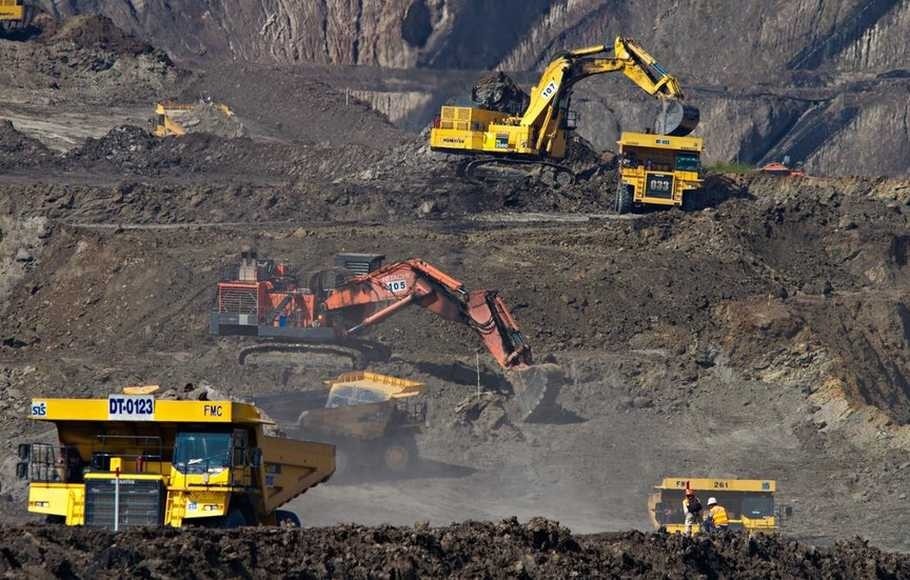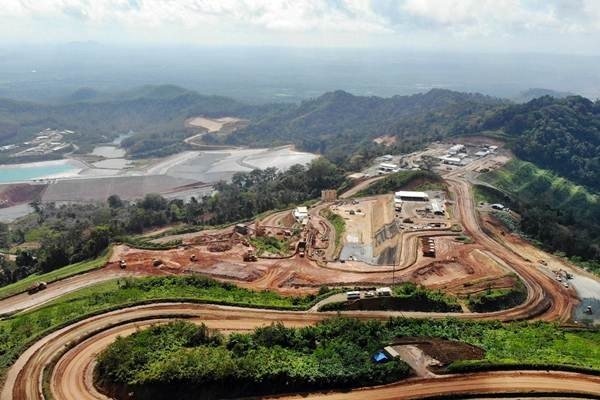The Indonesian Coal and Energy Suppliers Association (Aspebindo) assesses that the option to increase the domestic market obligation (DMO) does not necessarily solve the problem of domestic coal supply. Secretary General of Aspebindo, Muhammad Arif said, the problem of domestic coal supply actually stems from problems in the trade system and the difference in the price of DMO coal with coal prices in the global market which is too large.
"The price of DMO (coal for) electricity still cannot compete with market conditions outside so that an increase in DMO from 25% to 30% will not necessarily solve the problem if there is no formula for the DMO price for electricity that can be developed to follow the increase in market prices or supporting infrastructure in the country. other coal," said Arif to Kontan.co.id (27/3).
As is known, the current regulation, namely the Decree of the Minister of Energy and Mineral Resources (ESDM) Number 139 of 2021 concerning the Fulfillment of Domestic Coal Needs requires the holder of a Mining Business Permit for the Coal Production Operation stage, a Special Mining Business Permit for the Coal Production Operation stage, Coal Mining Concession Work in Production Operation stage, and Special Mining Business Permit as Continuation of Contract/Agreement Operation to fulfill DMO of 25% of production. For the electricity sector, the selling price of coal for the provision of electricity for public purposes is set at US$ 70 metric tons.
The discourse to increase the DMO of coal from 25% to 30% was revealed by the Minister of Energy and Mineral Resources (ESDM), Arifin Tasrif last week in Yogyakarta (25/3). Kontan.co.id noted, Arifin said that the ESDM Ministry was reviewing the adjustment options. Later, if it is implemented, the policy of increasing the DMO portion of coal will be stated in the form of a ministerial regulation. In his meeting with the media crew at that time, Arifin said that the DMO price of coal for the electricity sector was still set at US$ 70 per ton.
Muhammad Arif said that the government's intention to increase the portion of DMO in order to maintain supply certainty is understandable. Even so, he assessed, the option to increase the DMO portion to 30% will only be effective if it is accompanied by a DMO price formula policy that can offset the increase in coal prices in the global market.
Arif reasoned, costs such as the cost of supporting infrastructure, fuel, truck costs, and ports usually also increase following the coal market price. For this reason, Arif considered that the existence of an autonomous body such as the Public Service Agency (BLU) was needed to formulate the right DMO price formulation. "In my opinion, schemes such as BLU or other autonomous agency schemes to regulate commercial or electricity DMO prices need to be pushed together with DMO increases," said Arif.
In her interview with Kontan.co.id last Friday (18/3), the Director of Coal Business Development at the Ministry of Energy and Mineral Resources, Lana Saria, revealed that the option for implementing the BLU scheme is still under discussion. "Still in the study rate," he told Kontan.co.id (18/3).
A little information, this year, the Ministry of Energy and Mineral Resources has launched a coal production plan of 663 million tons. From the production plan, the government set a coal DMO plan of 166 million tons. A total of 130 million tons of which are for the electricity sector. Until the end of February 2022, the realization of DMO fulfillment in total (electricity and non-electricity) reached 25.88 million tons.
"(DMO realization until February 2022) is in line with the 166 million ton plan," said Lana.









